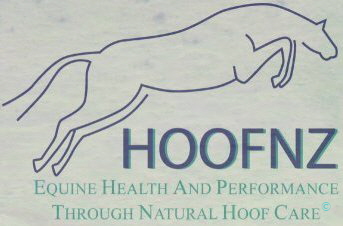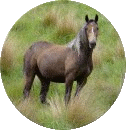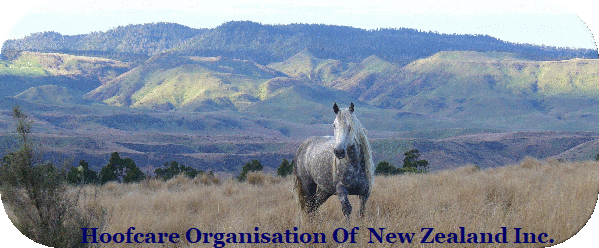 |
|||||||||||||||
 |
|||||||||||||||
|
|
|||||||||||||||
 |
|||||||||||||||
 |
|||||||||||||||
 |
|||||||||||||||
 |
|||||||||||||||
|
Wild Kaimanawa horse photos courtesy of Heike Erhlenbach |
|||||||||||||||
|
Website Design HOOFNZ © 2006 |
|||||||||||||||
 |
|
|
|
||||||||||||||||||||||||||
|
15 I sometimes ride on tar seal and gravel roads. Don’t horses need horse shoes on their hooves to protect them from the stones and abrasive footing? |